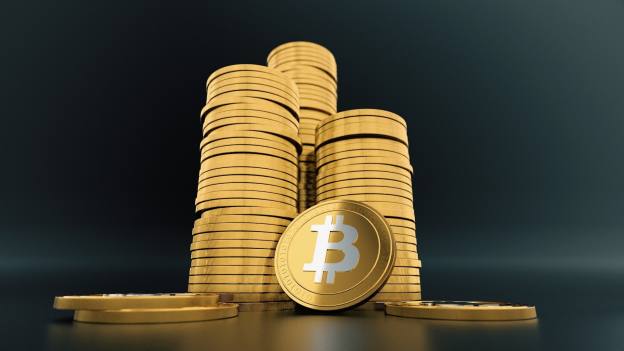If there is a gain this would be subject to CGT in the UK.
CGT vs trading activity
While gains realised on cryptoassets are normally liable to CGT, there are situations where the activity of buying and selling cryptoassets may be considered by HMRC to be sophisticated, frequent, and organised enough to be considered a trading activity.
While HMRC acknowledges this possibility in its guidance, there is no exact methodology given.
Normally, when deciding whether an individual buying or selling assets is undertaking a trading activity liable to income tax, there are so-called ‘badges of trade’ that have been considered in the courts to indicate a trade.

HMRC states that trading in cryptoassets is likely to be 'outside the norm' (Image credit: Pixabay)
The use of the word ‘trade’ here must not be confused with the simple act of buying and selling itself. Trade denotes a level of activity which is such that it amounts to a business activity rather than a speculative investment.
For example, it is possible for an individual to acquire (or develop) a cryptoasset algorithm that buys and sells cryptoassets many times a day with a level of sophistication that means this is their primary source of income. The expectation is that this will be considered by HMRC to be a trading activity.
HMRC states that trading in cryptoasset is likely to be "outside the norm". This means that it remains an area where there is significant uncertainty whether these trades are investments liable to CGT or trading liable to income tax.
With the existing differential between tax rates and the rules on how both types of activity are taxed, it could be a tax trap for the unwary, who may think it is nothing more than a hobby with potential lucrative gains.
John Hood is a tax partner at Moore Kingston Smith





